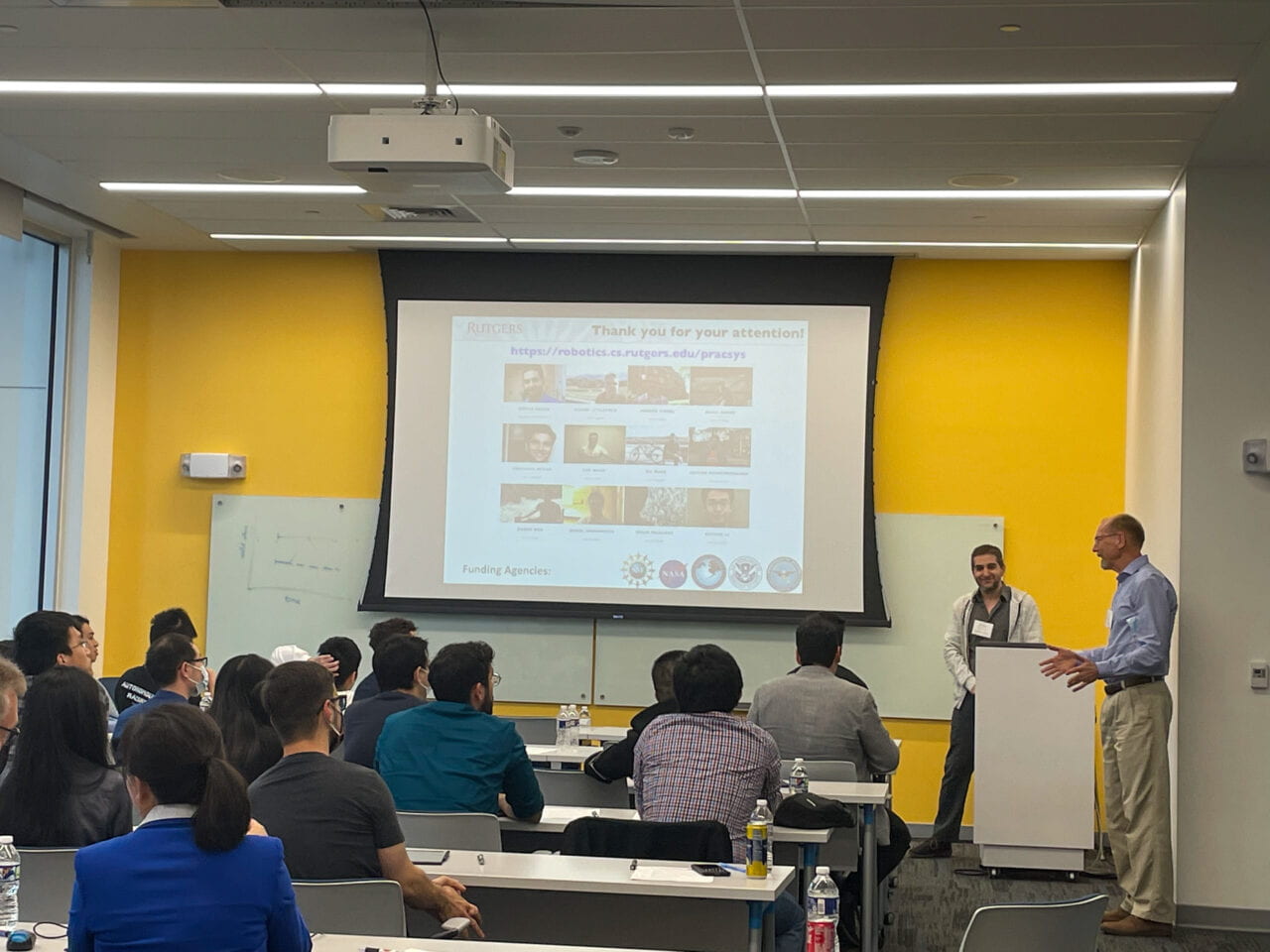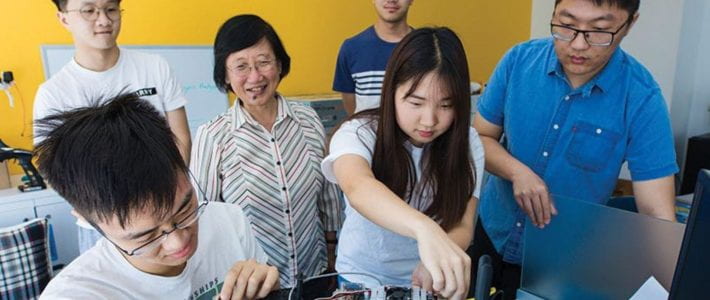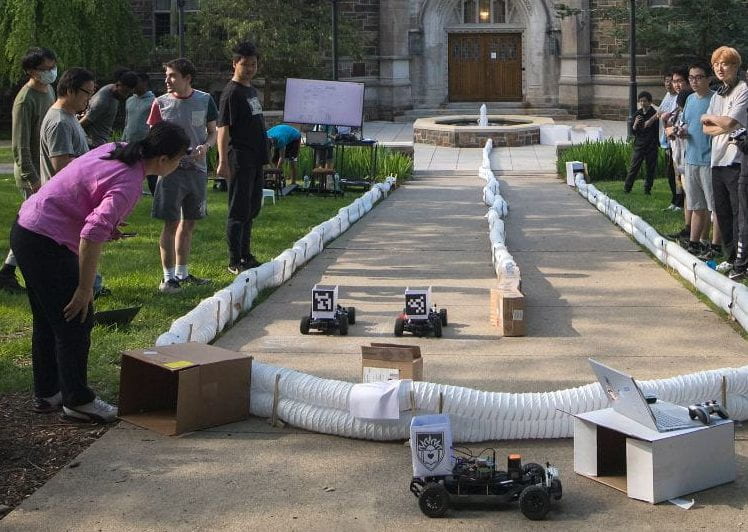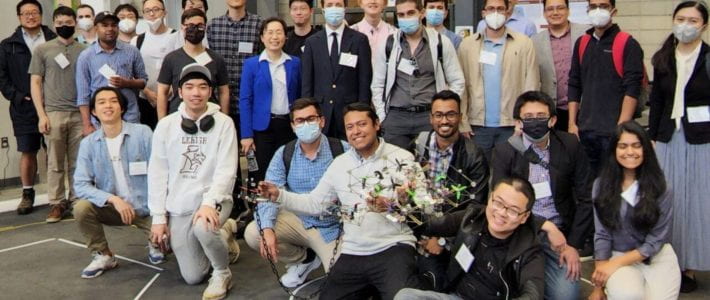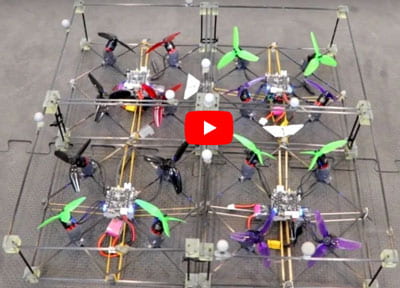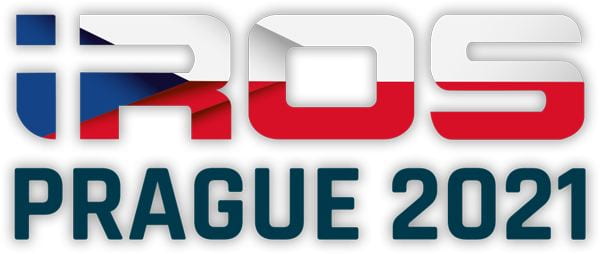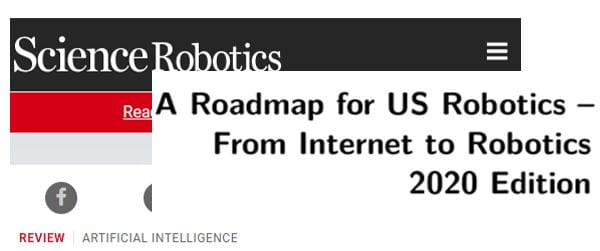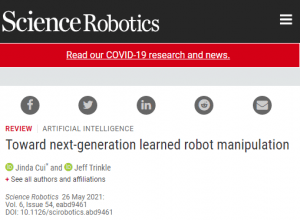AIR Lab Robot Autonomy Seminar Series
The AIR Lab Robot Autonomy Seminar Series is a dynamic platform at the intersection of robotics, artificial intelligence, and autonomous systems. This seminar series provides an invaluable forum for experts, researchers, and enthusiasts to delve into the latest advancements and breakthroughs in the field of robot autonomy. Through engaging talks, demonstrations, and interactive discussions, the seminar series explores a wide spectrum of topics, from state-of-the-art machine-learning algorithms for robot perception and control to novel approaches in human-robot interaction and cutting-edge technologies that are reshaping the future of autonomous robotics. Whether you’re a seasoned professional or just starting your journey in robotics, this seminar series is a vital hub for sharing knowledge, fostering collaboration, and staying on the cutting edge of the ever-evolving field of robot autonomy.

